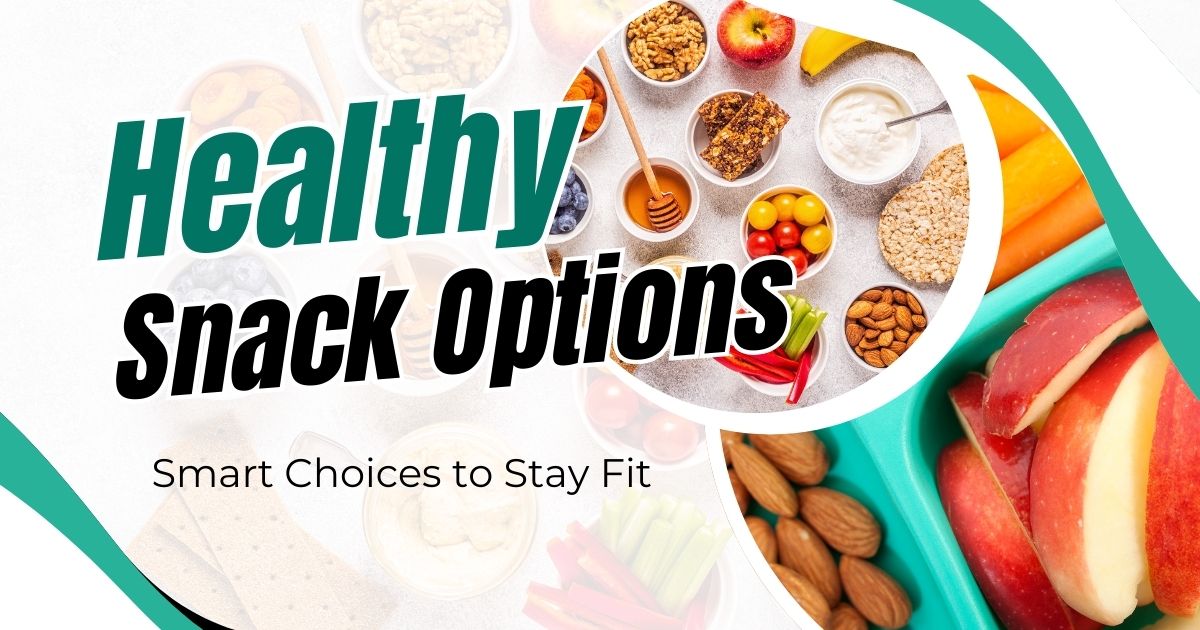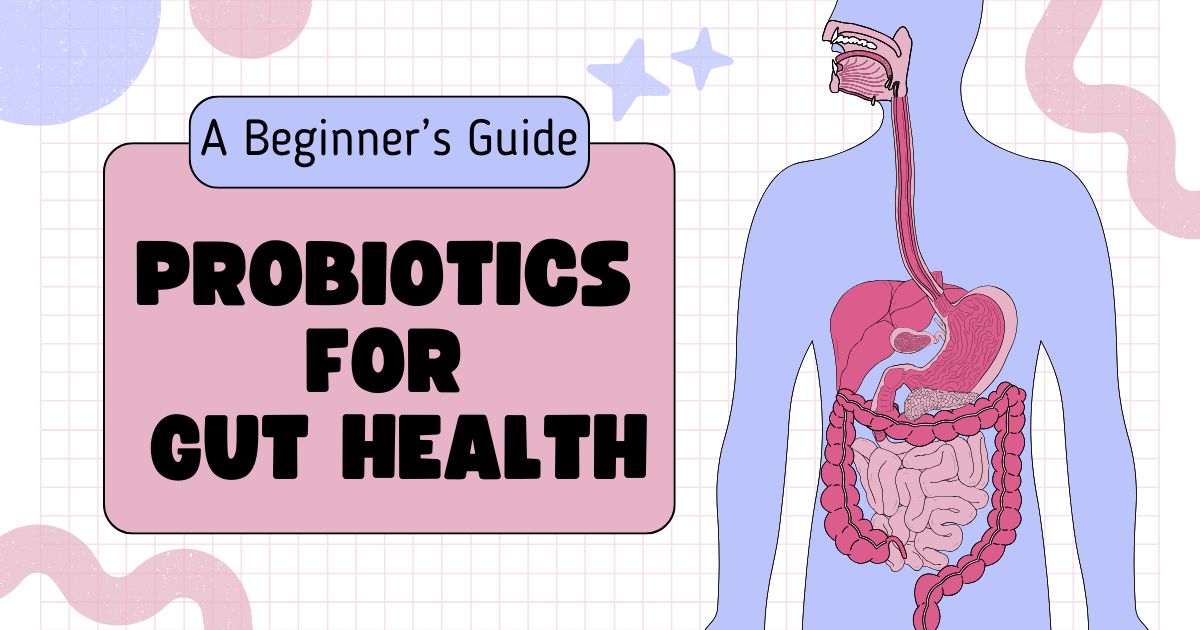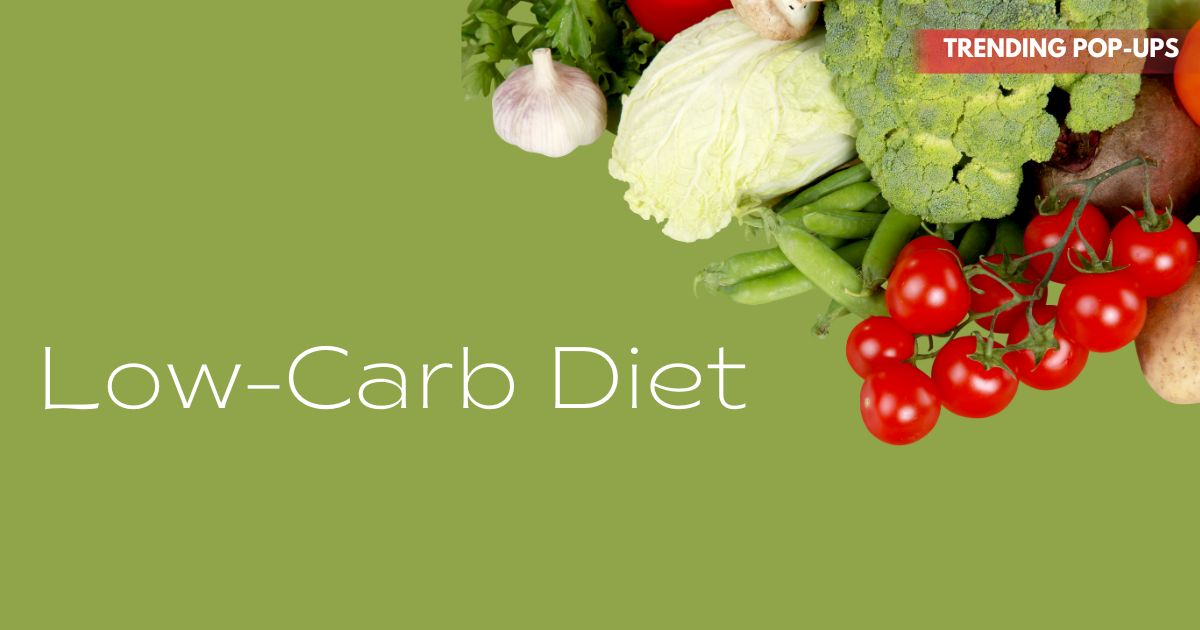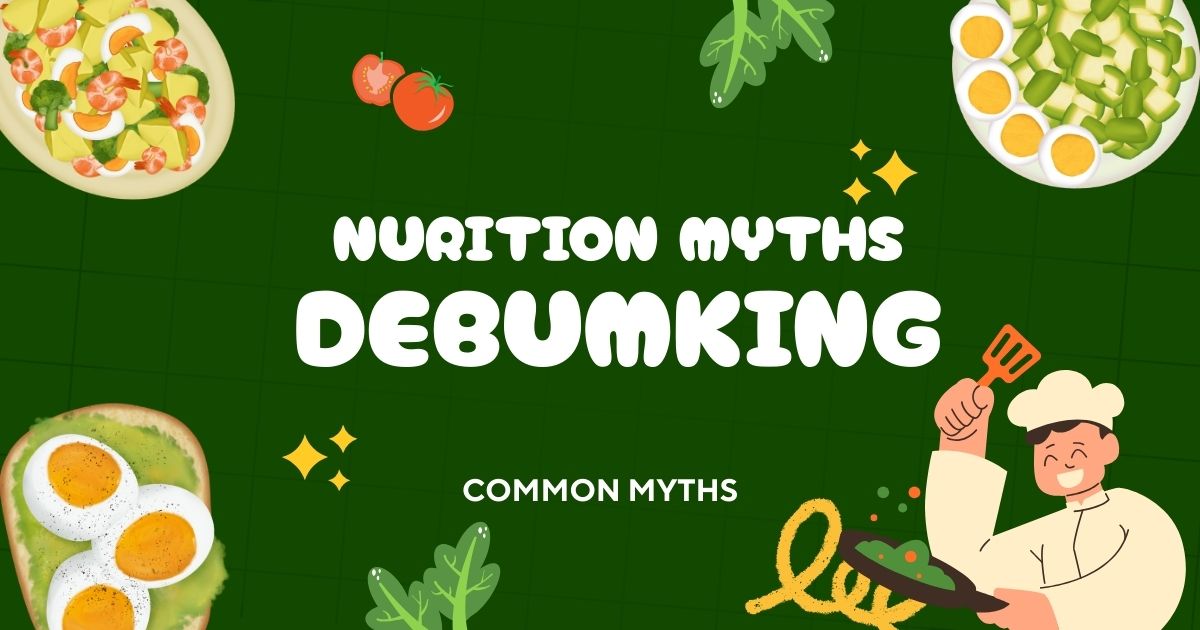Maintaining a healthy weight is not just about meal planning; snacks play a critical role in keeping energy levels stable, curbing cravings, and supporting metabolism. Choosing the right snacks can make a significant difference in your weight management journey, helping you avoid unhealthy temptations and overconsumption of calories.
In this article, we will explore the best healthy snack options, how to plan them effectively, and tips for satisfying your hunger without compromising your weight management goals.
Why Healthy Snacking Matters
Snacking often gets a bad reputation, but when done correctly, it has several benefits:
-
Prevents Overeating: Balanced snacks keep you satisfied between meals, reducing the likelihood of binge eating.
-
Supports Metabolism: Frequent, nutritious snacks help maintain energy and stabilize blood sugar levels.
-
Boosts Nutrient Intake: Snacking on fruits, vegetables, nuts, and yogurt adds essential vitamins, minerals, and fiber to your diet.
-
Enhances Mental Focus: Proper snacks help sustain concentration and productivity throughout the day.
Choosing the wrong snacks, however—such as processed chips, sugary treats, or high-calorie beverages—can hinder weight management efforts and lead to weight gain.
Key Principles of Healthy Snacking
When selecting snacks for weight management, consider the following principles:
-
Focus on Protein: Protein keeps you fuller for longer, reduces cravings, and supports muscle health. Examples include Greek yogurt, boiled eggs, or protein bars.
-
Include Fiber: Fiber-rich foods such as fruits, vegetables, and whole grains promote satiety and aid digestion.
-
Healthy Fats Matter: Nuts, seeds, and avocado contain good fats that keep you energized and satisfied.
-
Watch Portions: Even healthy snacks can contribute to weight gain if eaten in large quantities. Aim for small, balanced portions.
-
Avoid Added Sugars: Minimize processed foods and sweetened beverages to prevent energy spikes and crashes.
Best Healthy Snack Options
Here are some nutrient-dense and satisfying snack choices that can help with weight management:
1. Fresh Fruits
Fruits are naturally low in calories, high in fiber, and packed with vitamins and antioxidants.
-
Examples: Apples, berries, oranges, pears, and grapes.
-
Tips: Pair fruits with a protein source like peanut butter or cottage cheese for longer satiety.
2. Vegetables with Dips
Vegetables are low in calories and high in fiber, making them ideal for snacking.
-
Examples: Carrot sticks, cucumber slices, bell peppers, and cherry tomatoes.
-
Dips: Hummus, Greek yogurt dip, or guacamole.
3. Nuts and Seeds
Rich in protein, fiber, and healthy fats, nuts and seeds help keep hunger at bay.
-
Examples: Almonds, walnuts, pistachios, chia seeds, and pumpkin seeds.
-
Tip: Stick to small portions (about a handful) to avoid excess calories.
4. Greek Yogurt
Greek yogurt is high in protein and calcium while low in sugar when chosen plain.
-
Serving Ideas: Top with fresh berries, a drizzle of honey, or a sprinkle of chia seeds.
-
Benefit: Supports gut health and prolonged satiety.
5. Whole-Grain Snacks
Whole grains provide fiber, B vitamins, and sustained energy.
-
Examples: Air-popped popcorn, whole-grain crackers, and oatmeal.
-
Tip: Choose options with minimal added sugar and salt.
6. Boiled Eggs
Eggs are an excellent protein source and contain essential nutrients like choline and vitamin D.
-
Tip: Pair with vegetables or a small serving of whole-grain toast for a balanced snack.
7. Protein Bars or Balls
Convenient for on-the-go snacking, protein bars can curb hunger if chosen carefully.
-
Tip: Select bars with natural ingredients, minimal sugar, and at least 10 grams of protein.
8. Smoothies
Homemade smoothies can be nutrient-dense snacks that combine protein, fiber, and healthy fats.
-
Ingredients: Spinach, berries, Greek yogurt, chia seeds, and a splash of almond milk.
-
Tip: Avoid store-bought smoothies with added sugars.
9. Cottage Cheese
High in protein and low in fat, cottage cheese is ideal for curbing hunger.
-
Serving Ideas: Pair with fruit or vegetables, or season with herbs and spices.
10. Edamame or Legumes
Steamed edamame or roasted chickpeas are rich in protein and fiber.
-
Tip: Season with herbs, spices, or a light sprinkle of salt for flavor without excess calories.
Timing Your Snacks
When you eat snacks matters as much as what you eat:
-
Mid-Morning: A small protein-rich snack prevents overeating at lunch.
-
Afternoon Slump: Pair protein and fiber to maintain energy and avoid sugary pick-me-ups.
-
Pre-Workout: A light snack like a banana or yogurt provides fuel for exercise.
-
Evening: Keep portions small and nutrient-dense to avoid late-night cravings.
Tips to Make Snacking Healthy and Sustainable
-
Plan Ahead: Prepare snack portions in advance to avoid grabbing unhealthy options.
-
Mindful Eating: Eat slowly and pay attention to hunger cues to prevent overeating.
-
Keep Healthy Snacks Visible: Store fruits, nuts, and yogurt in easily accessible places.
-
Stay Hydrated: Sometimes thirst is mistaken for hunger. Drink water before snacking.
-
Limit Processed Snacks: Chips, cookies, and sugary bars are calorie-dense but nutrient-poor.
Common Mistakes to Avoid
-
Skipping Snacks Altogether: Leads to overeating during meals.
-
Overconsuming Healthy Snacks: Portion control is still essential.
-
Relying on Sugary or Processed Options: Even small indulgences can sabotage weight management efforts.
-
Ignoring Nutrient Balance: Snacks should contain protein, fiber, and healthy fats, not just calories.
Conclusion
Healthy snacks are more than just a way to satisfy hunger—they are tools for weight management, sustained energy, and overall wellness. By choosing nutrient-dense options like fruits, vegetables, nuts, Greek yogurt, and whole grains, you can curb cravings, prevent overeating, and support your fitness goals. Mindful snacking, proper portion control, and planning ahead are essential for long-term success.
Also Read : How Fiber Helps in Weight Management: Benefits and Best Foods
FAQs
Q1. How often should I snack during the day?
Aim for 1–3 healthy snacks between meals, depending on hunger and activity level.
Q2. Are nuts a good snack for weight management?
Yes, in moderation. Nuts provide protein, fiber, and healthy fats that keep you full.
Q3. Can smoothies be considered healthy snacks?
Yes, if made with whole fruits, vegetables, and protein sources without added sugar.
Q4. What’s the best snack to prevent overeating at dinner?
A balanced snack with protein and fiber, like Greek yogurt with berries or hummus with veggies.
Q5. Should I avoid snacking completely to lose weight?
Not necessarily. Healthy, planned snacks can prevent overeating and support metabolism.



